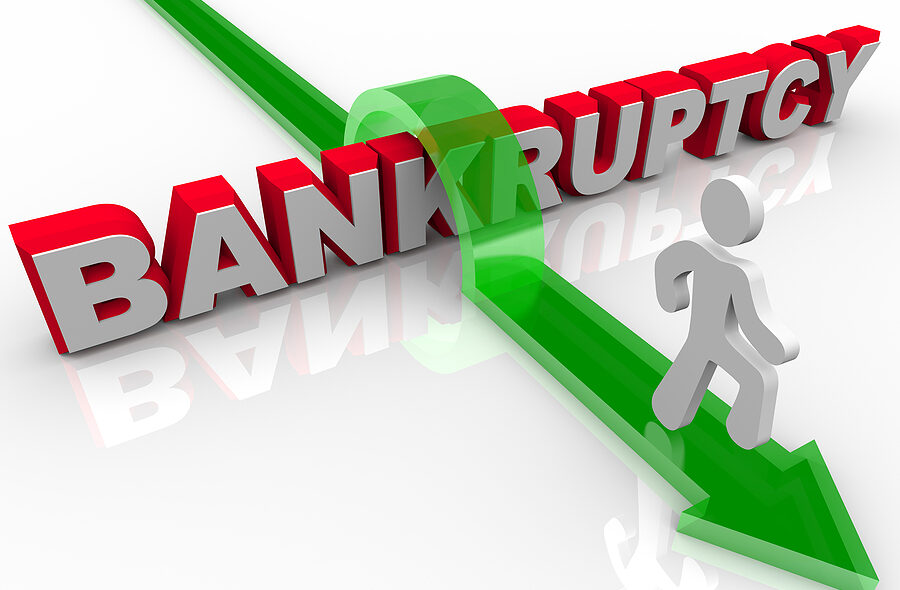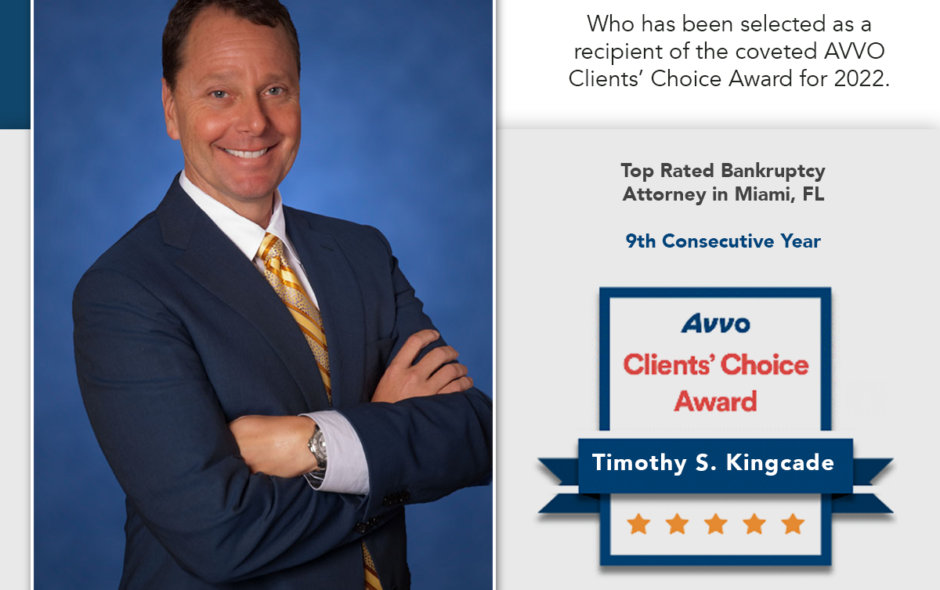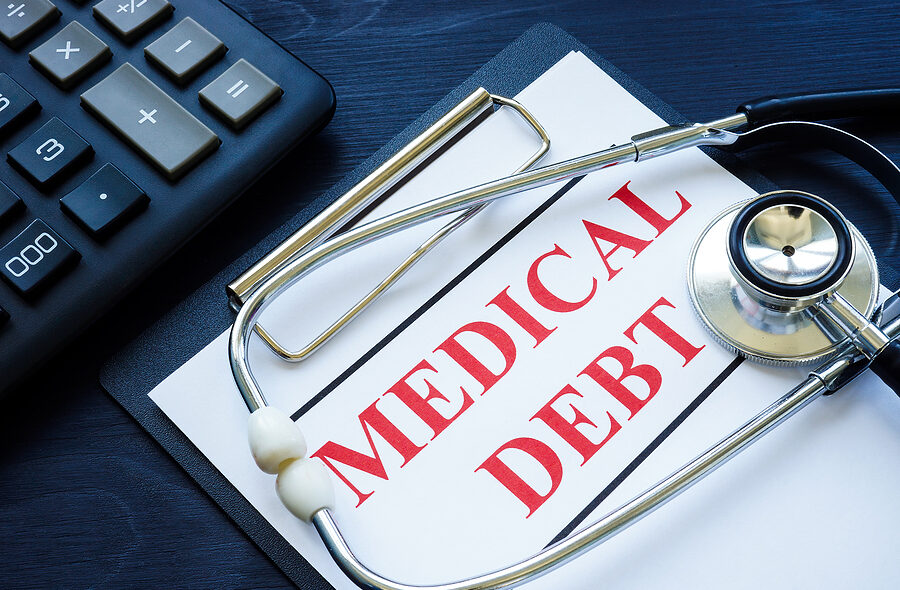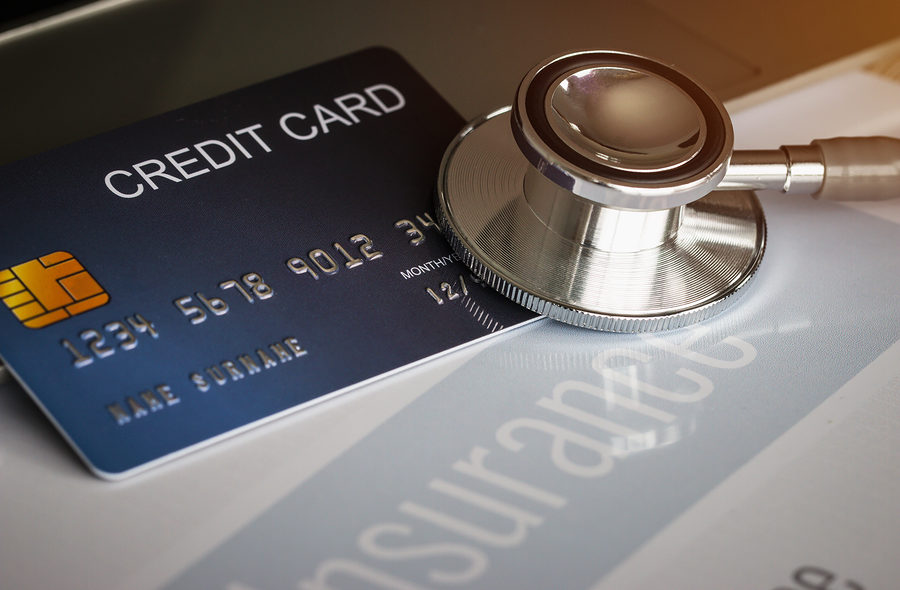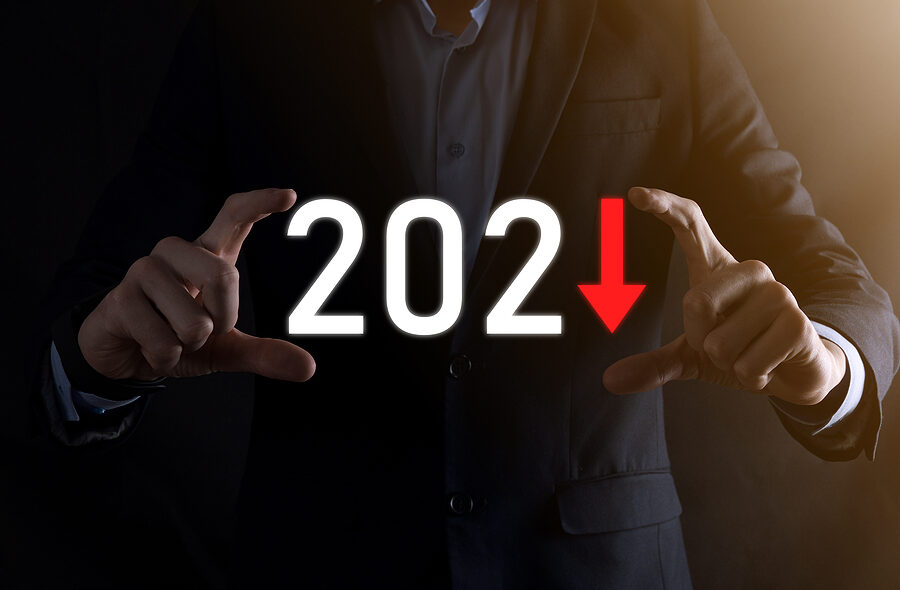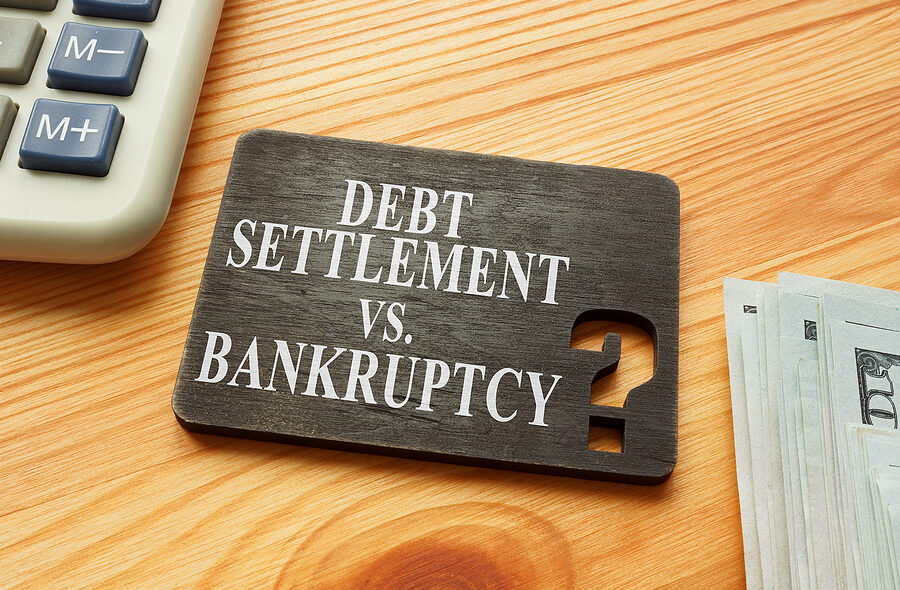A settlement has been reached as of January 13, 2022, involving student loan servicing company, Navient, and approximately 400,000 student loan borrowers. This settlement provides some much-needed debt relief to hundreds of thousands of delinquent borrowers.
The lawsuit alleges that Navient encouraged student loan borrowers who were behind on their loan payments to enter into costly long-term forbearance programs that kept them in debt. Additionally, borrowers alleged that Navient likewise encouraged them to take on private loans which the borrowers were not able to pay back. To hold the loan servicing company accountable, lawsuits were filed by several states and were joined by 39 attorneys general.
The settlement specifically focuses on student borrowers who took out loans to attend for-profit colleges between the years 2002 and 2014. In the settlement, Navient said they will cancel $1.7 billion in private student loan debt for approximately 66,000 borrowers. In addition, they said they would pay $95 million in restitution for 350,000 federal student loan borrowers.
The goal of this settlement and the reason behind the lawsuit is to prevent predatory lending practices is accused of doing to borrowers. The lawsuit claimed that Navient encouraged borrowers who were not able to make their loan payments to enter forbearance programs instead of income-drive repayment plans. While forbearance programs do help borrowers in a temporary bind, they end up being much costlier in the long run and can often push the borrower even deeper into debt. Investigations into Navient practices found that employees in the call center were pushed to recommend borrowers go into forbearance programs instead of recommending programs that would be much better for the borrower’s financial situation.
Another predatory practice found through investigations into Navient’s practices involved pushing borrowers to apply for subprime private student loans even knowing that the borrowers had low credit and a high likelihood that they would not be able to repay the private loans. Most students who took out these private loans were attending for-profit institutions. However, under federal law, school tuition payments must be at least 90 percent federally funded, therefore making the schools more dependent on federal funding instead of private.
Navient adamantly denied the claims in the lawsuit. They stated the settlement was entered into to avoid financial burden and time in litigation.
Borrowers who are eligible for debt cancellation under the settlement include those who took out private subprime student loans between 2002 and 2014. These loans were mostly taken out through Navient’s predecessor, Sallie Mae. Loan cancellation is available for borrowers who were behind on their private loan payments for at least seven consecutive months prior to June 30, 2021. If a borrower was current on his or her loan obligations, that person would not be eligible for cancellation.
In addition, borrowers who received a non-subprime private student loan to attend a for-profit educational institution listed specifically in the settlement, including DeVry University and University of Phoenix, are also eligible for debt cancellation.
Debt cancellation will be available for borrowers from 38 states and the Washington D. C., who took out federal loans through Navient and were in forbearance for at least two years between 2009 and 2017.
Please click here to read more.
For borrowers who are struggling with student loan debt, relief options are available. Many student loan borrowers are unaware that they have rights and repayment options available to them, such as postponement of loan payments, reduction of payments or even a complete discharge of the debt. There are ways to file for bankruptcy with student loan debt. It is important you contact an experienced Miami bankruptcy attorney who can advise you of all your options. As an experienced CPA as well as a proven bankruptcy lawyer, Timothy Kingcade knows how to help clients take full advantage of the bankruptcy laws to protect their assets and get successful results. Since 1996 Kingcade Garcia McMaken has been helping people from all walks of life build a better tomorrow. Our attorneys help thousands of people every year take advantage of their rights under bankruptcy protection to restart, rebuild and recover. The day you hire our firm, we will contact your creditors to stop the harassment. You can also find useful consumer information on the Kingcade Garcia McMaken website at www.miamibankruptcy.com.


